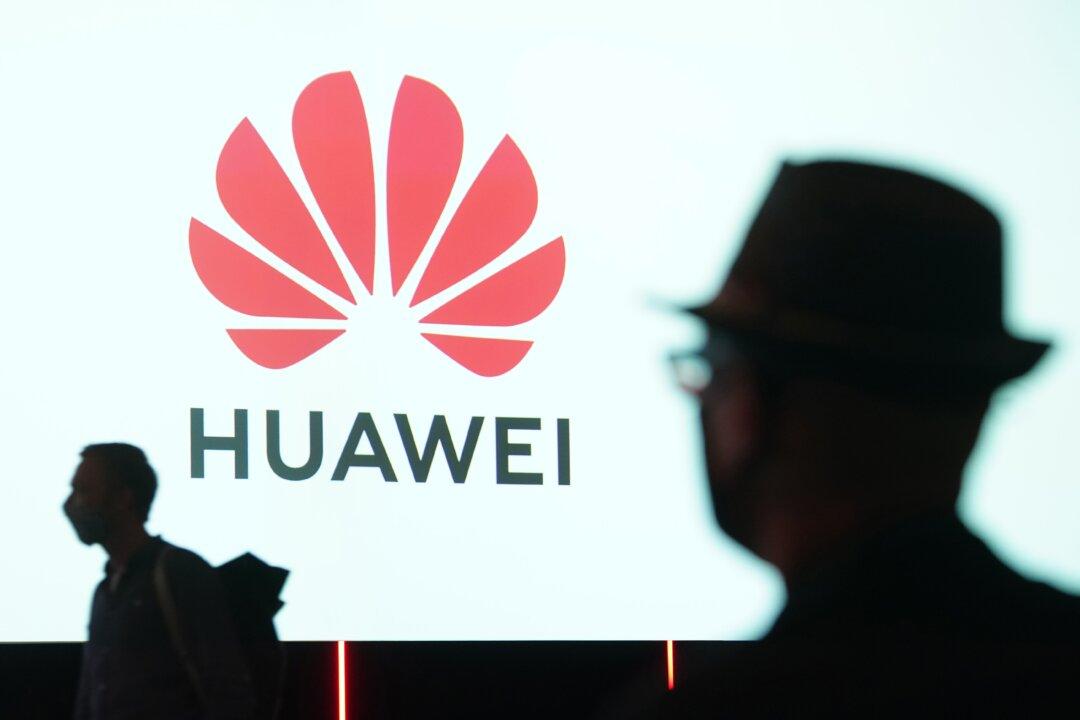Commentary
China’s subsidized mega-tech company is in the news again, evading U.S. sanctions, spying on Europe, and generally getting into trouble.

China’s subsidized mega-tech company is in the news again, evading U.S. sanctions, spying on Europe, and generally getting into trouble.